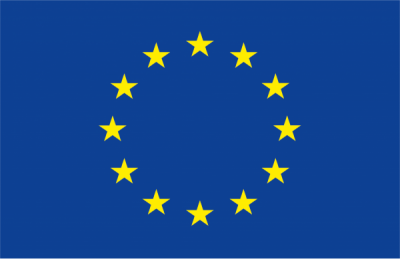
CARE-C of the Cyprus Institute and Egypt Ministry of Environment join forces to better air quality in Cairo
The Climate and Atmosphere Research Center (CARE-C) of the Cyprus Institute and the Ministry of Environment of Egypt have recently joined forces in an effort to further enhance the established air quality network of Cairo, by enhancing the capabilities to measure specific pollutants, setting up an advanced early warning system and the ability to identify pollution sources, building on the previous steps already taken by the Ministry of Environment of Egypt towards improving air quality. This aim will be materialised in the form of two projects, funded by the World Bank, focusing on evaluating and further improving Egypt’s air quality network.
The first project, named SCQuaM (Technical Support for Complete Assessment of Cairo Air Quality Monitoring), has commenced in September 2023 and will span 18 months. It focuses primarily on upgrading the monitoring network in terms of instrumentation, performance, practices through offering advisory services, monitoring network, monitoring of short-lived climate pollutants, and scientific equipment. Recommendations for enhancing data accuracy will be provided, alongside specialized technical training for air quality experts on specific instruments while adhering to internationally accepted practices and standards.
The second project, named SIdE (Source Identification in Egypt), brings altogether the Cyprus Institute’s CARE-C, the French National Institute for Industrial Environment and Risks (INERIS) and the Greek National Centre for Scientific Research (NCSR) “Demokritos”. SIdE focuses on source apportionment of airborne particles and will offer consultancy services in the realm of air quality, including, providing on-site training on chemical analysis instruments, and facilitating source identification of the main fine particulate pollution over Cairo.
These two new projects signify significant strides towards improving the current ambient air network of Cairo, enabling the collection of more information about air quality and improving source apportionment protocols, which will assist in taking the most appropriate mitigation measures, in order to improve the air quality in Cairo. They will also contribute towards further enhancing regional climate mitigation and adaptation efforts, in line with the goals of the Paris Agreement.






